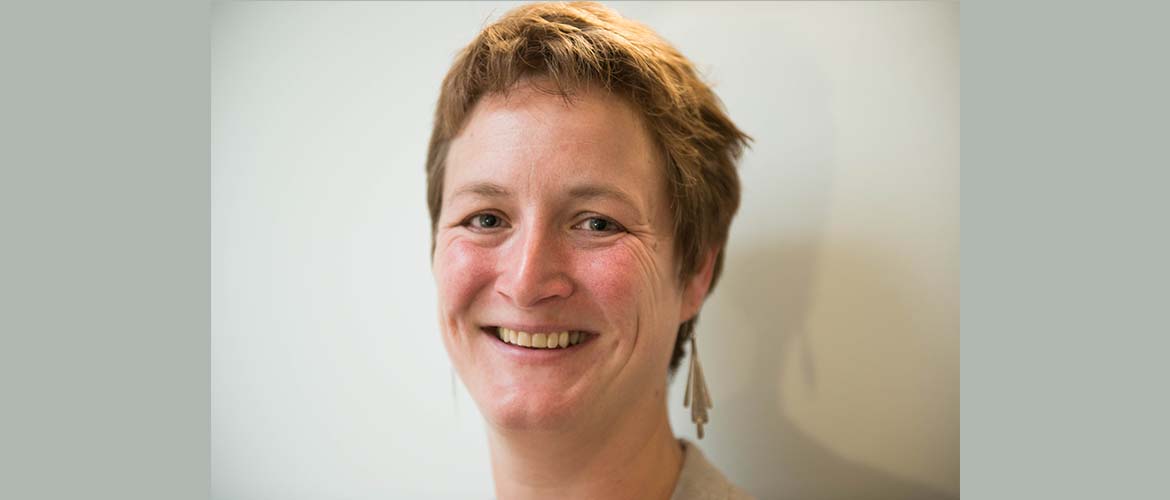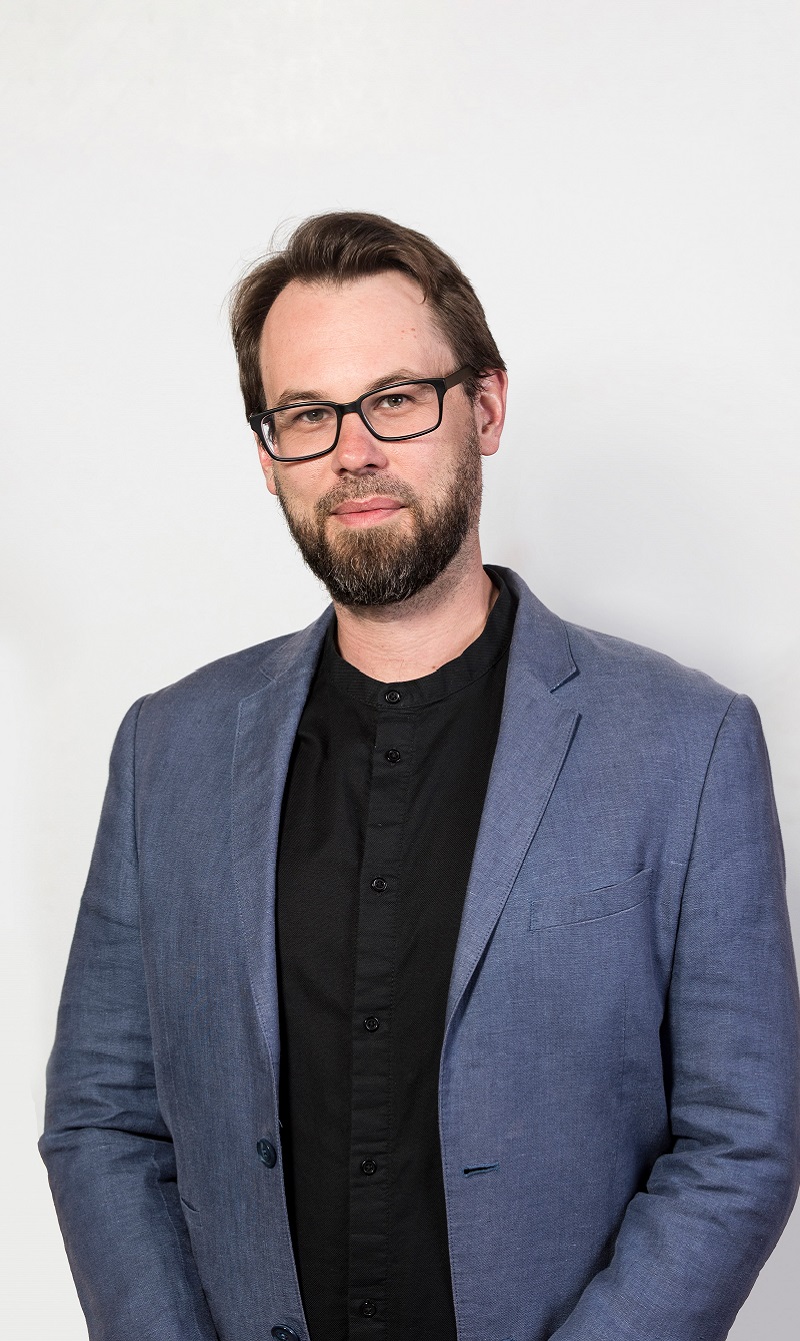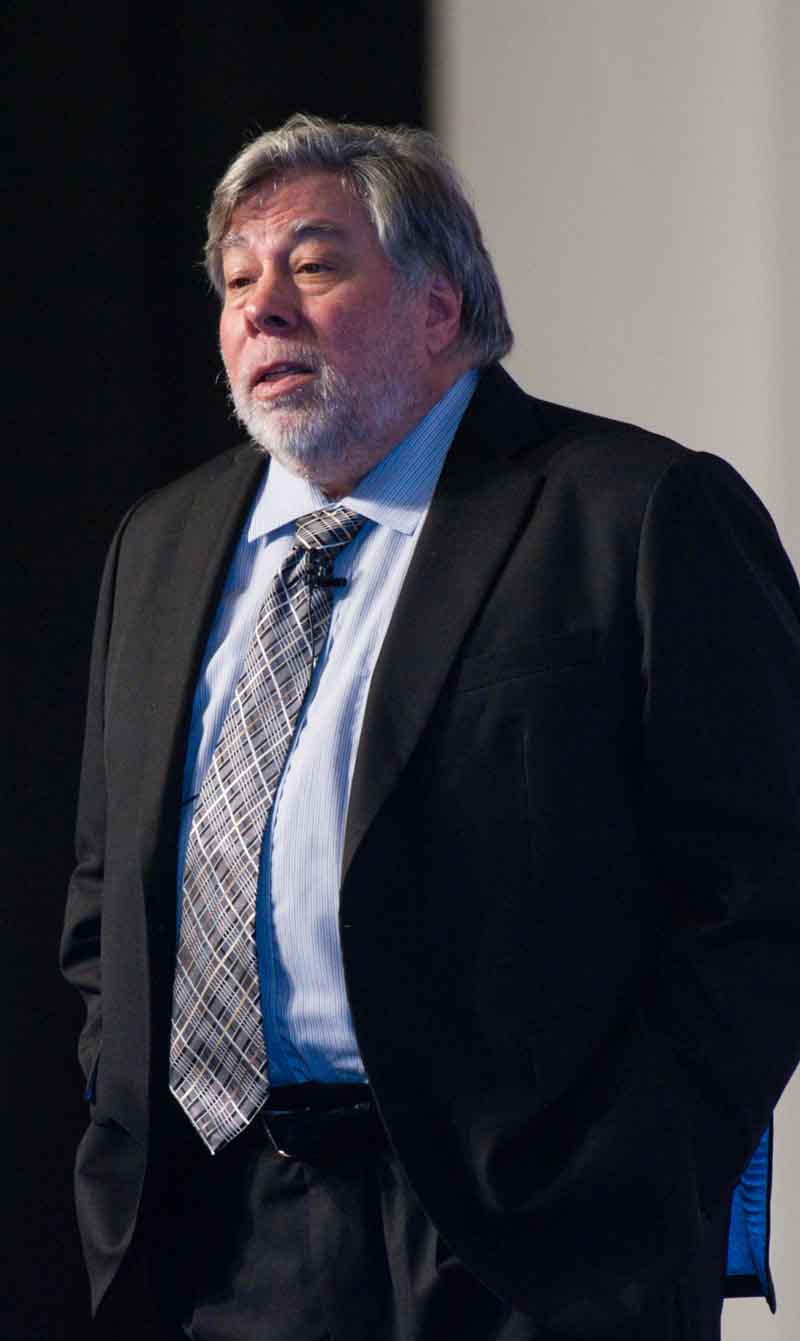Staying In Focus with…Susie Diamond
For a number of women, working in a male-dominated industry can be a challenge. For one woman, this led her to leave her job and start her own building physics firm, Inkling.
Women have stereotypically held jobs in education, fashion, beauty, the textile industry and others. Susie Diamond, a building physics engineer, shared her experience being in a male-dominated industry and, more importantly, why she left her job.
After 10 years of experience as an in-house building physicist at a consulting firm, Susie decided that workplace wasn’t for her. She was good at her job and had enjoyed it. She led an energy assessment team, conducted thermal comfort studies and other tasks. She also did other volunteering jobs and, in that time, had two children.
However, when the company she worked for merged with a much larger engineering company, the working culture gradually changed. ‘It was much more male-dominated and conservative, which has its strengths but it didn’t suit me. I stayed for two more years; I tried hard to engage with the new regime, to find my niche and help build a robust building physics service but in the end, I decided that it wasn’t for me, so I left and co-founded Inkling in 2011,’ she says. Inkling LLP is a building physics firm dedicated to make buildings more energy efficient and comfortable.
People around her thought it was scary that she left her job. ‘I was so frustrated in my previous role, that starting my own company was much easier,’ she explained. ‘I felt really stuck and I couldn’t see a way forward that was compatible with my home life and being me. That’s really depressing when you know you are good at your job,’ she said.
At Inkling
In 2011, Susie decided to start Inkling with engineer Dr Claire Das Bhaumik, to bring understanding and predictions of the metabolism of buildings. Currently, they work on all types of buildings and look at how buildings kept warm, stay cool, how much energy they consume and much more. They work with architects and engineers at the design stage and build 3D computer models of buildings to inform design decisions from glazing specifications to sizing boilers and chillers or advising on natural ventilation strategies.
‘We apply local weather data and input occupant and equipment profiles to match how the building will be operated or the scenario we want to test. We predict how much energy will be used and the risk of discomfort such as overheating in summer or winter draughts. We also calculate compliance with the energy performance aspect of United Kingdom’s building regulations,’ she elaborated.
At Inkling, Susie works with a few architects and building services design engineers on a freelance basis and because of that they have no premises to accommodate staff. ‘We might one day choose to expand and rent an office but we’d lose some of the flexibility and low overheads that home working gives us,’ she said.
Managing time
This may sound like a lot to handle but she has more time now to spend with her family. Working from home can be a powerful and liberating thing for parents. When she left her job, she was then able to walk her kids to school and be back at her desk in 10 minutes. ‘I could also pick my children up regularly and be with them after school. Nearly seven years on, and now they are older, more independent but it’s still valuable to be available for them when they need me,’ she said.
Susie feels the challenges she faces now are more manageable with a partner. ‘Claire and I support each other and make decisions together. We look after our clients, monitor cash flow and chase overdue invoices and do the sensible things to keep business on a good path,’ she said.
‘I think women in particular are well-organised in terms of planning ahead and managing their time. Not that men can’t, but I think you see it more commonly in people who have to manage multiple strands in their lives,’ she explained.
Breaking the bias
The main and big hindrance for her was the rigid timesheet-based system. ‘It certainly felt to me at one point that I had hit a glass ceiling. I will never know if that was the case or if there were other factors involved but when I started talking to other women, I found that my experience wasn’t unique,’ she said.
Her frustration with the previous role was mainly because of the lack of flexibility, long-hours work culture and discrimination, which made many women disappear. ‘Fortunately, some women have extremely successful careers and aren’t impeded by their gender, so the issue is not everywhere but it’s very difficult for those who do feel affected. If you speak out, you risk being branded as having an axe to grind,’ she pointed out.
Susie wanted to see more women in senior roles. ‘I suspect unconscious bias plays a big role in slowing this and if we don’t recognise it and address it, then we’ll keep recruiting white males in their 40s into management positions because that’s the type we are comfortable seeing there,’ she explained. She thought that male dominated industries need to start being proactive about why they are so male dominated and address their unconscious biases and not always favour the alpha male traits.
‘For women who want to be financially independent but don’t want to cope with long hours away from home, especially those in more senior roles, to seek job sharing as an option,’ Susie advised. Job sharing is a flexible work arrangement where two people manage part-time schedules to complete work of one person at their convenience. ‘Many men would like to see the workplace become more flexible too. So, the more we demand it and demonstrate how well these options can work, the better,’ she concluded.
___________________





